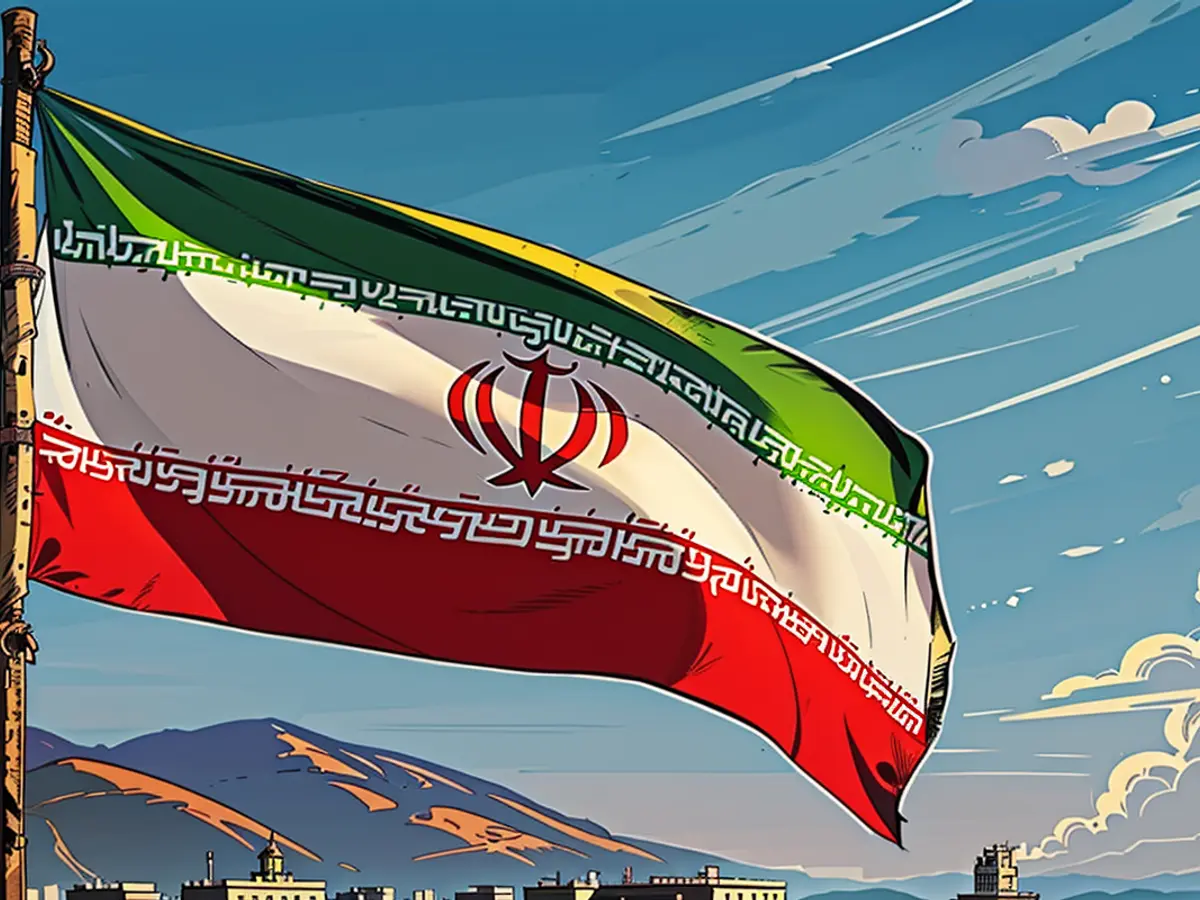Iran approves 6 contenders for presidential race but turns down 74 others.
It's time for Iran to elect a new president after the death of Raisi. The mighty Guardian Council has now vetted and approved a list of potential candidates. Moderates and reformers couldn't snag a spot on the list. The temporary president didn't apply. The upcoming presidential race only features hardliners.
In Iran, the Guardian Council exerts significant influence over the elections. Announcing on national TV, the election authority's spokesperson revealed six candidates who'll run on June 28th. A whopping 78 contenders, including four Iranian women, sought to participate.
The following candidates received approval:
- Said Jalili - a staunch hardliner who formerly served as Iran's chief negotiator in nuclear talks. Now 58, he's considered a promising figure in the extremely conservative camp. Currently, he's a member of the Arbitration Council, an organization appointed by religious leader Ali Khamenei.
- Mohammed Bagher Ghalibaf - the current parliament president and a former Revolutionary Guards commander. This 62-year-old has attempted to become Iran's president twice before without success.
- Amirhossein Qassemi Hashemi - a rigid hardliner and the head of the Foundation for Martyrs and Veterans. At 53, he's another forceful figure in the political landscape.
- Massoud Peseshkian - a known moderate and former health minister (2001-2005) under Mohammad Khatami's presidency. The 69-year-old Peseshkian is renowned for his frank statements. He condemned the government's lack of transparency in the Mahsa Amini case.
- Mostafa Pourmohammadi - an Islamic scholar, ex-interior and justice minister. Pourmohammadi, age 64, has also been suspected of playing a major role in the 1980s mass executions.
- Ali Reza Sakani - a hardliner and Tehran's incumbent mayor. The 58-year-old Sakani also made the cut.
Excluded from the list were notable figures like former President Mahmoud Ahmadinejad, whose candidacy was denied in 2017 and 2021. Ahmadinejad held office from 2005 to 2013 for two consecutive terms. Conservative former parliament president Ali Larijani was also disqualified, as well as Wahid Haghanian, a former Revolutionary Guard leader who's subject to US sanctions. Moderate and reformist politicians were also kept out. Despite being a promising candidate, Iran's interim president, Mohammad Mokhber, did not even register for the election.
Before the 2021 parliamentary election, the Guardian Council okayed seven candidates and excluded several moderate politicians and reformers. In the previous election, the ultra-conservative cleric Raisi emerged victorious. Voter participation hit its lowest level since the establishment of the Islamic Republic in 1979 at 48.8%.
President Ebrahim Raisi, who passed away in a helicopter crash on May 19th, holds a unique position in Iranian politics. The president is not the head of state but the head of government. The true power lies with the religious leader, Ayatollah Ali Khamenei, who is also Khamenei's appointee. Khamenei, aged 85, heavily influences the Guardian Council as well. Consequently, the citizens are confined to choosing from an elite circle of loyal candidates.
The Guardian Council has twelve Islamic clerics and jurists - six are elected by parliament and six are chosen by Khamenei. This powerful institution determines the constitutionality of laws and the qualifications of candidates for elections. Over the years, this crucial body has attracted criticism for being undemocratic. Ahmad Jannati, a 97-year-old Ayatollah, presides over the council.
Dissatisfaction with political repression, economic difficulties, and failed reforms has left many Iranians disillusioned with internal changes. The citizens have lost hope in significant political progress. During the autumn of 2022, nationwide protests shook the country in response to the death of the young Kurdish woman Jina Mahsa Amini under the strict Islamic rule. The turnout for annual parliamentary elections reached its historical low of approximately 40%.
Read also:
In the upcoming presidential election in Iran, Ayatollah Ali Khamenei's appointee, the Arbitration Council member Said Jalili, is among the six approved hardliner candidates. Despite being a moderate and criticizing the government's transparency, former health minister Massoud Peseshkian was also approved, contrary to expectations, to run in the elections.








